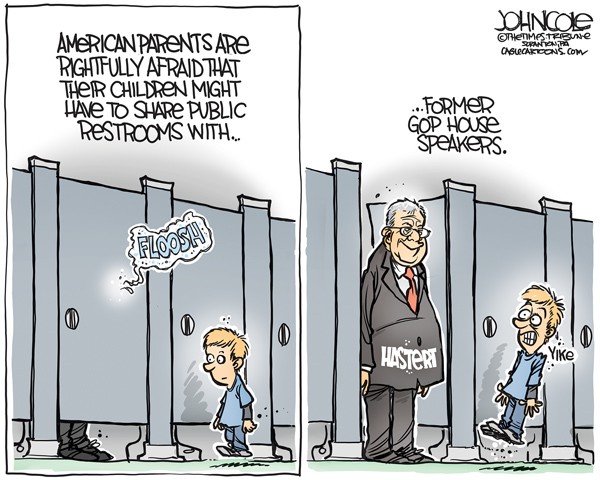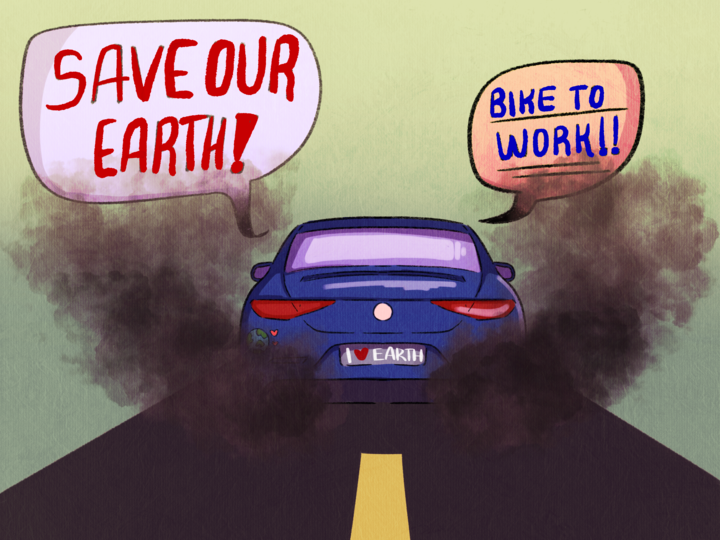A 2015 Gallup poll revealed that 75 percent of Americans think corruption is widespread in our government. Is that number misguided?
Spiro T. Agnew failed to report $29,500 that he received as kickbacks as governor of Maryland in 1967. He then went on to become vice president to Nixon and continued to receive kickbacks. Agnew resigned after the corruption was discovered and he was sentenced to three year’s probation and a $10,000 fine.
J. Dennis Hastert, who was Speaker of the House from 1999-2007, confirmed last week that he molested four teenage boys in the ’60s, ’70s and ’80s. While the statute of limitations has passed for charges of sex crimes, Hastert was recently charged with illegally structuring bank withdrawals. It turned out those withdrawals were being used to pay one of those boy’s hush money, so judges are expected to take the accusations into account when they sentence Hastert.
The New York Times predicts Hastert will receive a sentence ranging from six months in prison to probation, as he is 74 and in poor health.
It would appear that those polled by Gallup last year were not wrong. Even worse, when politicians are discovered to be involved in illegal activities, the repercussions tend to be lax. Agnew was simply put on probation and had to pay a fine that was roughly a third of what he received illegally. While Hastert hasn’t been sentenced yet, it appears it will be equally lenient.
How can we trust politicians to make our country’s laws and policies when they are allowed to get off with a slap on the wrist for their transgressions?
This inconsistency cripples our judicial system in multiple ways. First, it means that any laws created may be weak to begin with—since politicians know they might be the ones eventually sentenced under a law. They will want to make the consequences slight, just as a precaution. Weak laws are completely ineffective and in reality, almost as bad as having no laws at all.
Second, if the politicians making our laws don’t follow them, nobody will. Their blatant disregard undermines the authority of the judicial system and of the U.S. government. When leaders set a bad example, it’s natural for the crowd to follow, and these criminals are the politicians that lead our country.
The fact that Agnew and Hastert, two politicians who held such prominent roles, could commit crimes and receive the slightest of punishments showcases the deep flaws in our politics. The historical scope of these two cases shows that it’s not just a modern problem—corruption and a lack of consequence has been a part of our government for a very long time.
It’s ridiculous that lawmakers who break our laws are allowed to participate in lawmaking at all. It completely goes against common sense. Politicians who break laws should not get off so lightly. Perhaps, as makers of laws, they should receive more severe punishments, as they know the ins and outs of laws far more intimately than the general public.
Blatant criminal activity and a lack of consequences feeds into the corruption of our country’s government. There should be real punishment and consequences for politicians who break the laws, or else the laws they make will be rendered meaningless.
Follow Marissa Heffernan on Twitter.









